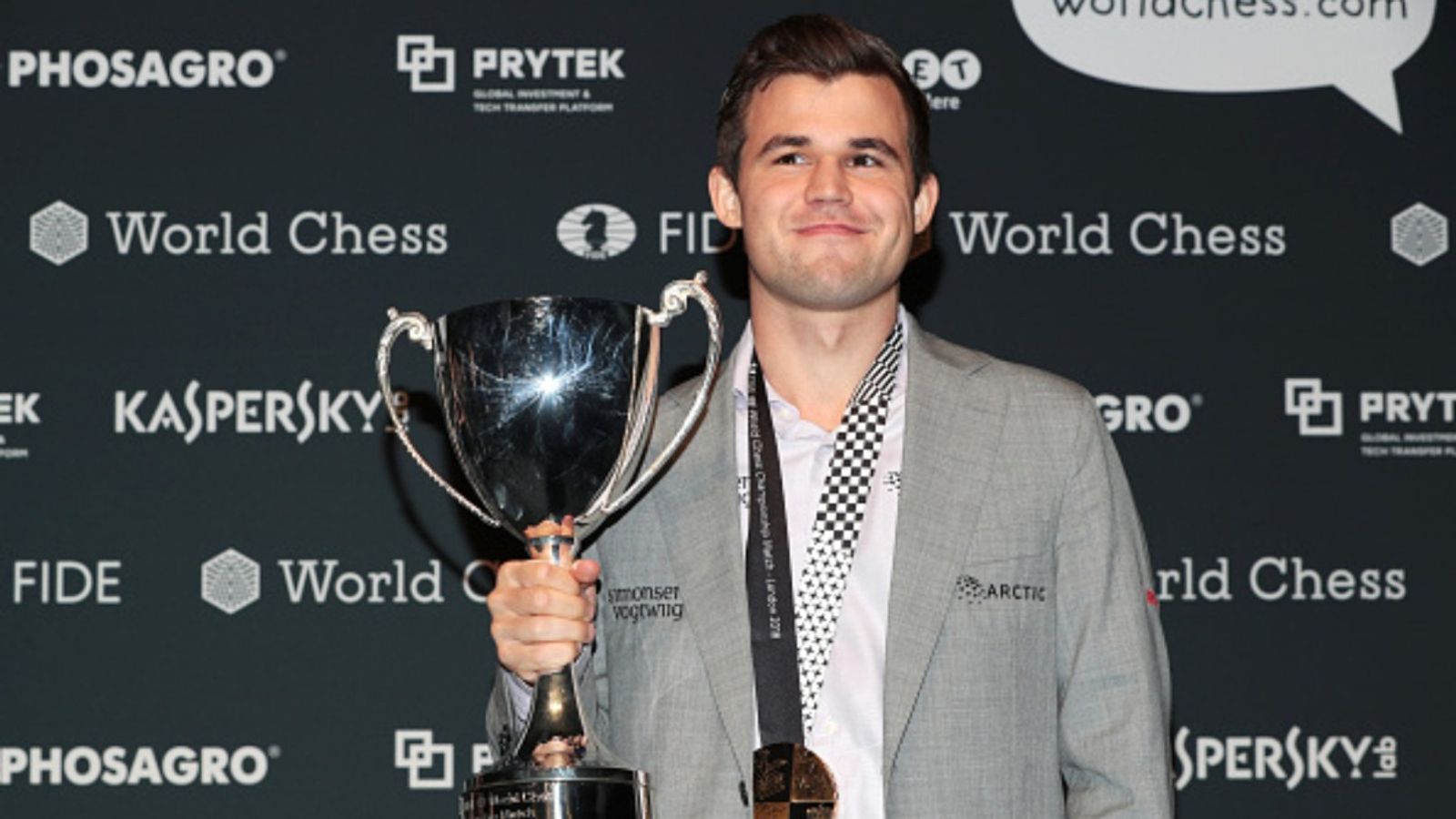In the world of chess, Magnus Carlsen stands as a towering figure, often hailed as the greatest player in the history of the game. His recent withdrawal from the World Championship and candid reflections on his relationship with chess have reignited discussions about what truly sets him apart. In a revealing interview on the Joe Rogan Podcast, Carlsen offered a glimpse into the obsessive dedication that has fueled his unparalleled success.
Living and Breathing Chess
Carlsen’s approach to chess goes far beyond casual practice or routine study. For him, the game is a constant, all-consuming presence.
“The difference between me and other kids is that they would go to chess practice. They would maybe even do their homework. But they weren’t living and breathing the game in the way that I was,” Carlsen explained.
This “living and breathing” isn’t just a figure of speech—it’s a way of life. “I think about (chess) all the time,” he confessed. “I’m thinking about the game while I’m sitting on this chair. I’m still analyzing a game that I played today. It never goes completely out of my mind.”
The Mind of a Champion
Carlsen acknowledged that many strong chess players dedicate significant time and mental energy to the game. However, he implied that his level of immersion is on another plane entirely. While others might study and analyze, Carlsen’s connection to chess is almost symbiotic.
“I think a lot of very good chess players do that,” he admitted. “But for me, it’s different. The game is always there, always present.”
This relentless focus and inability to fully disconnect from chess have been key to his dominance. Carlsen’s mind is constantly at work, analyzing positions, refining strategies, and seeking new ways to improve. It’s this obsessive dedication that has propelled him to the top of the chess world.
A Legacy of Dominance
Carlsen’s achievements speak for themselves. He is currently the top-rated chess player in the world across all formats and is widely regarded as the best player in history. His reign has been so dominant that he no longer competes in traditional tournaments like the World Championship, opting instead for the more challenging Rapid and Blitz events.
His decision to step away from the World Championship has sparked debates about his motivations and the future of chess. Yet, for Carlsen, it’s a natural progression. Having already achieved so much, he seeks new challenges that push the boundaries of his abilities.
The Price of Greatness
Carlsen’s obsession with chess comes at a cost. The constant mental engagement, the inability to switch off, and the pressure to maintain his dominance can be exhausting. However, it’s a price he’s willing to pay.
“It’s not just about winning or being the best,” Carlsen said. “It’s about the love of the game, the constant pursuit of improvement. That’s what drives me.”
Magnus Carlsen’s relationship with chess is unlike anything seen before in the game. His obsessive dedication, relentless analysis, and unwavering passion have set him apart as a true legend. While other players may study and practice, Carlsen lives and breathes chess, making it an integral part of his identity.


